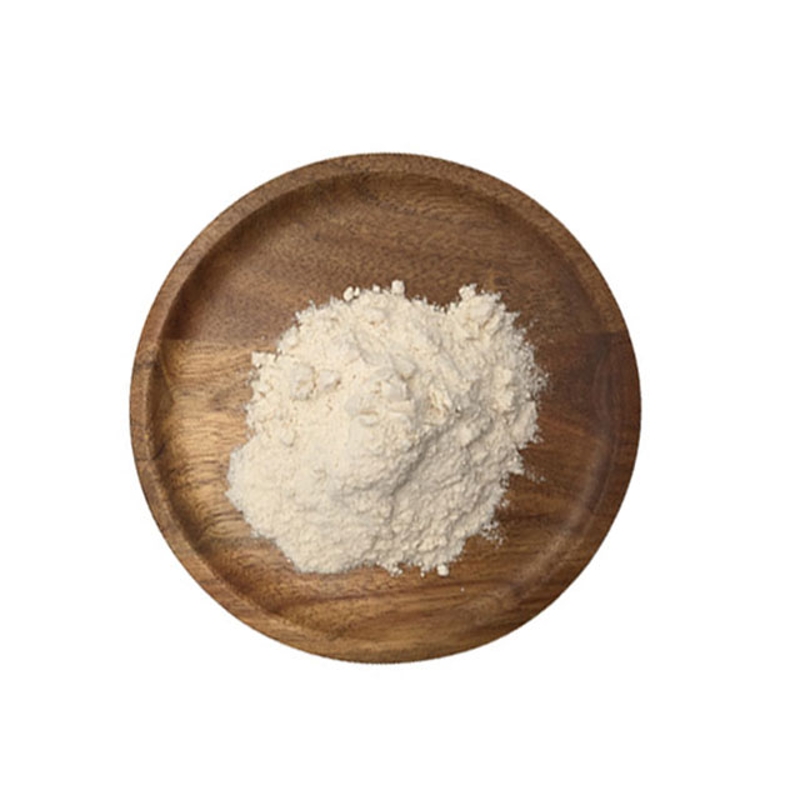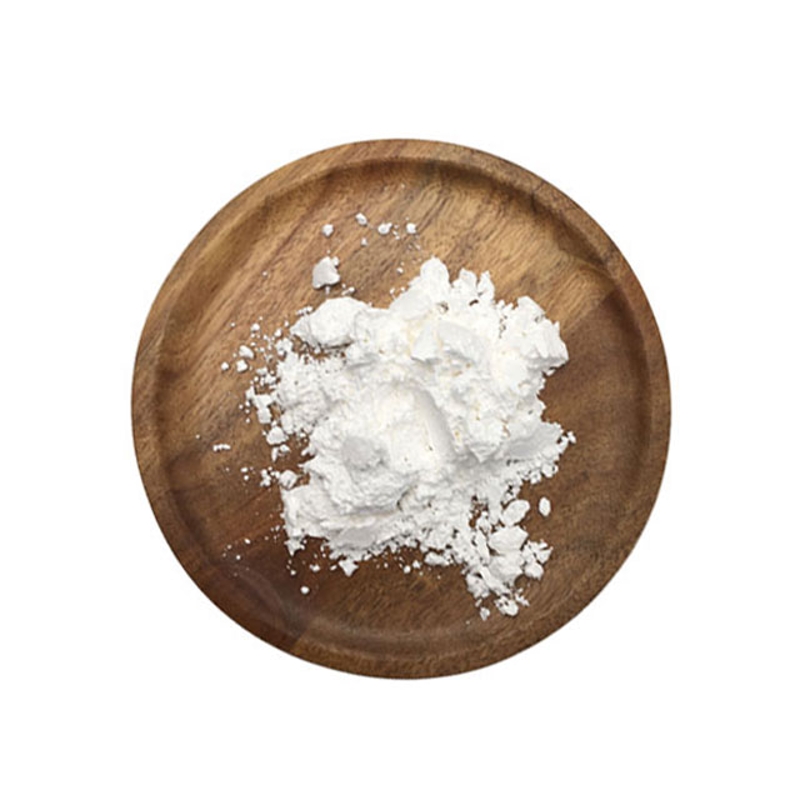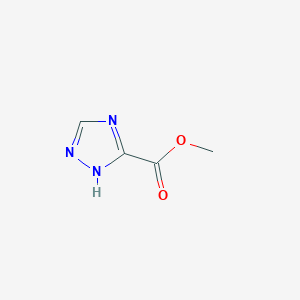-
Categories
-
Pharmaceutical Intermediates
-
Active Pharmaceutical Ingredients
-
Food Additives
- Industrial Coatings
- Agrochemicals
- Dyes and Pigments
- Surfactant
- Flavors and Fragrances
- Chemical Reagents
- Catalyst and Auxiliary
- Natural Products
- Inorganic Chemistry
-
Organic Chemistry
-
Biochemical Engineering
- Analytical Chemistry
- Cosmetic Ingredient
-
Pharmaceutical Intermediates
Promotion
ECHEMI Mall
Wholesale
Weekly Price
Exhibition
News
-
Trade Service
On November 16, Cynda Bio announced that its recombinant human anti-vascular endostropheric growth factor (VEGF)/complement fusion protein injection (research and development code: IBI302) was presented at the 2020 American Ophthalmology Annual Meeting in the form of a single dose increase in the dose of a single dose of vascular age-related macular degeneration (nAMD).
Phase I study of
IBI302 is a single-arm, open, multi-center, single-dose incremental clinical study designed to assess the safety and tolerance of a single glass cavity injection of IBI302 in nAMD patients.
completed Phase I clinical study included 31 subjects, all of which received a single glass cavity injection of IBI302.
the clinical study showed good safety and tolerance for IBI302 by not reporting serious adverse events and dose-limiting toxicity.
week after the drug was given, the subjects' improved vision and reduced retinal edema were observed.
28 days after the drug was given, the average optimal corrective vision of 31 subjects was 6 letters higher than the baseline, and the average central retina thickness was 141.2 microns lower than the baseline, and the efficacy of some patients continued until 6 weeks after the drug was given.
anti-VEGF treatment is currently standard treatment for nAMD, however, some patients still have a poor response to long-term anti-VEGF treatment, and even appear map-like atrophy and fibrosis.
it is known that the N-end of the anti-VEGF and anti-complement dual-target specific recombinant all-human fusion protein IBI302 can bind with the VEGF family, block the signaling path of VEGF mediated, inhibit the survival and proliferation of endotrine cells in blood vessels, thereby inhibiting angiogenesis, reducing vascular permeability, Reducing vascular leakage, the chronic inflammatory response associated with complement activation is the key mechanism of AMD onset, and the IBI302C end can inhibit the activation of the classical pathway and bypass pathway of complement by specific binding C3b and C4b, and reduce the inflammatory response of complement-mediated, so as to achieve the goal of treating and controlling AMD.







